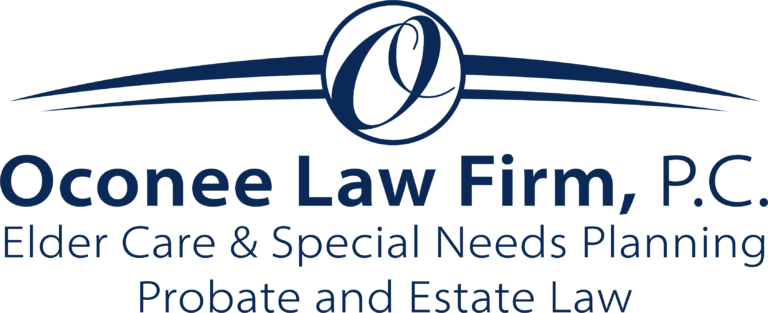For many people, eight documents form the foundation of an estate plan. It’s not that difficult a project as it seems, explains the article “8 Documents That Are Essential to Planning Your Estate” from msn.com. When you’ve completed your estate plan, you’ll also gain the peace of mind of knowing that you’ve done what was needed to protect your family. It’s well worth the effort.
Last will and testament. This is the basic document that gives you the ability to tell your family what you want to happen with your assets. It is used to name an executor—a person who will be in charge of managing your estate. Your will is also where you name a guardian who will be in charge of raising minor children. You can use the will to convey funeral instructions, but you may want to do that in a separate document, in case your will isn’t found right away. Your estate planning attorney will help you figure out the best way to handle that.
What happens if you don’t have a will? In that case, a probate court will determine who will be your executor. It might be a spouse, a grown child, or someone you don’t know or would not want to handle your estate. It’s best to have a will and select your executor yourself. When your estate goes through probate, all of the information in your will becomes part of the public record, so don’t put anything in your will, like passwords or account numbers.
Revocable living trust. Trusts are used to pass assets and property without going through probate. Your estate planning attorney will help create the trust and you’ll decide who will be in charge of it upon your death. You can be the trustee while you are living, but then you lose any estate tax benefits. If you have substantial property or wealth, trusts are a good tool to control assets and save on estate taxes.
Beneficiary designations. Any time you purchase a new insurance policy or a retirement plan, you are asked to name a beneficiary. If your first job came with a retirement plan, you likely also named a beneficiary for that plan. These designations allow the assets to pass directly to the beneficiary upon your death. They aren’t included in your will and they don’t go through probate. The biggest problem with beneficiary designations? Neglecting to update them through the many changes in life. Review and update your beneficiary designations on a regular basis.
Durable power of attorney. This document allows you to name the person to act on your behalf, if you become incapacitated because of illness or injury. They can manage your legal and financial affairs. Here’s an important point: if you become incapacitated, you cannot assign this role to someone. It needs to be done when you are legally competent.
Health care power of attorney and living will. The health care power of attorney lets someone else make medical decisions on your behalf, if you are too sick to do so yourself. The living will gives you the opportunity to explain what kind of care you do or do not want if you are close to death. If the idea of staying alive on a heart machine makes you unhappy, for instance, you can document your wishes, so loved ones don’t have to wonder what you want.
Digital assets. Much of our lives are lived online, and we have assets that won’t be found in a search of the attic or basement. Each online platform that you use may have a directive process, where you can clearly state who you want to have access to your digital assets and what you would like to have happen to them upon your death.
A letter of intent. Writing a letter of intent is a way to convey your wishes to loved ones for what you’d like to happen after you die. It may not be legally enforceable, like a will or a trust, but your loved ones will appreciate knowing what you want for funeral planning or a memorial service.
List of important documents. Sparing your family a post-mortem scavenger hunt is a gift to the living. Make a list of documents and make sure they know where important documents can be found. Include a list of routine bills, the professionals you rely on, including contact information and account numbers. Some families use a briefcase to store the important papers, but a fireproof and waterproof safe is more secure.
Reference: msn.com (June 19, 2021) “8 Documents That Are Essential to Planning Your Estate”
Suggested Key Terms: Estate Planning Attorney, Last Will and Testament, Letter of Intent, Digital Assets, Health Care Power of Attorney, Living Will, Beneficiary Designations, Heir, Probate, Trusts, Taxes, Guardian

